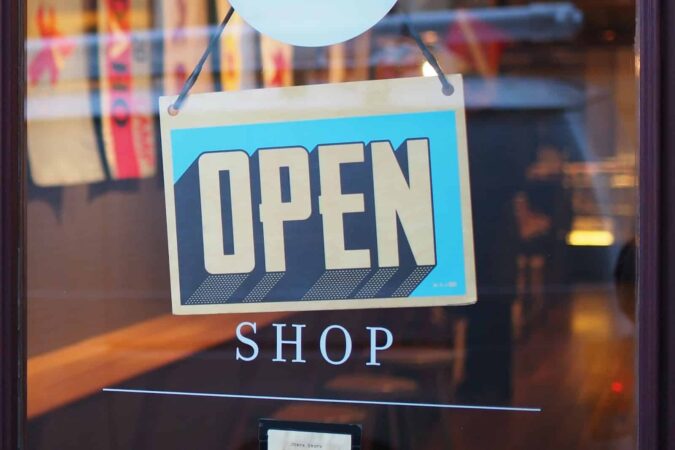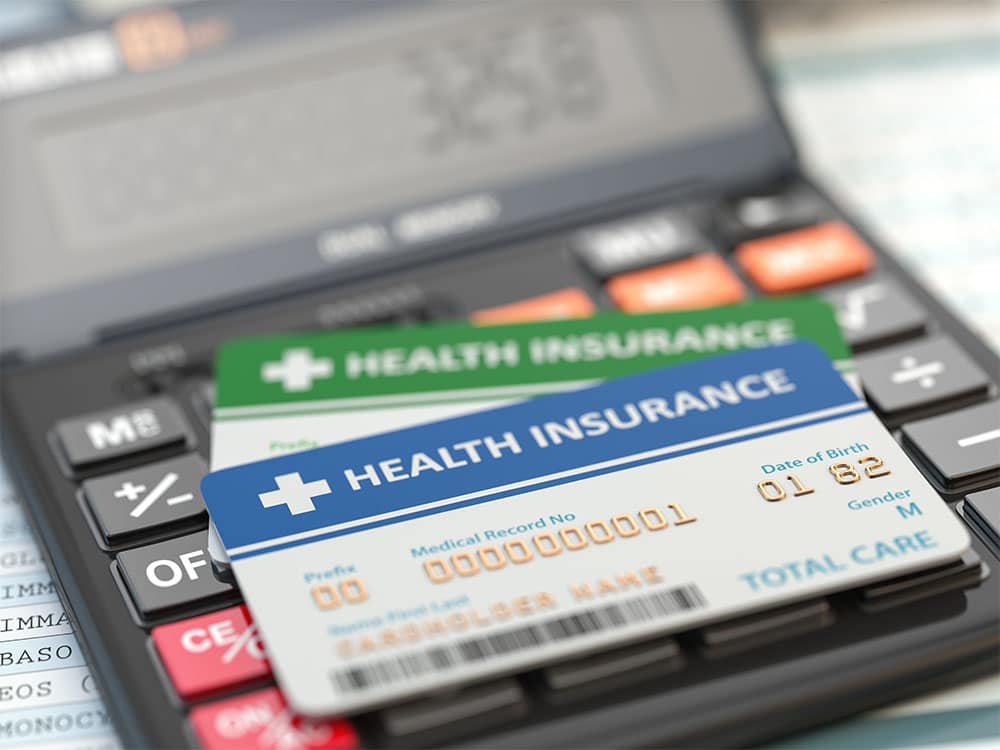
What is Public Liability Insurance: Answered and Explained

When you first start your own business, you may not realize all the essential steps you must take. And one crucial factor in running a business is having the proper insurance.
Whether you work alone or collaborate with team members, it’s important to make sure you cover your business.
You’ve probably seen “public liability insurance” when combing through the different types of insurance.
But what is it?
Follow this guide to learn more about the ins and outs of public liability insurance.
Learn how to obtain self-employment insurance in your field:
Freelance Disability Insurance | Freelance Ghost Insurance | Freelance Workers Comp Insurance | Freelance Critical Illness Insurance | Freelance E&O Insurance | Freelance Airbnb Host Insurance | Freelance Commercial Auto Insurance | Freelance Commercial Property Insurance | Freelance Utah Home Insurance | Freelance Amazon Flex | Freelance Carpet Cleaning Insurance | Freelance Window Cleaner Insurance | Freelance Pressure Washer Insurance | Freelance Electrician Insurance | Freelance Mechanic Insurance | Freelance Junk Removal Insurance | Freelance Bartender Insurance | Freelance Hair Stylist Insurance | Freelance Barber Insurance | Freelance Taskers Insurance | Freelance Web Designer Insurance | Freelance Doordash Driver Insurance | Freelance Uber Driver Insurance | Freelance Plumber Insurance | Freelance Writer Insurance
What Is Public Liability Insurance?
When you run a business, whether out of your house or on the road, you want to ensure you have protection. That means looking into insurance policies that’ll cover your business in case something goes wrong on the job.
Many small business owners obtain public liability insurance policies to protect their businesses.
Public liability insurance is a general business insurance policy that covers claims from the general public for damages involving your business.
The policy itself is quite broad and covers a multitude of different situations. It’s also a popular option among many small business owners because of the different factors that it covers.
What Does Public Liability Insurance Cover?
Generally, a public liability insurance policy covers the costs of third-party injuries or damage claims against your business.
It can even cover incidents at your client’s home if you’re on the job. Plus, it spans over different locations if your business has several locations.
Now, let’s get into the details of what a public liability insurance policy covers.
Bodily Injury
If you own a small business and have a location, you never know what type of accidents could occur inside your store. Something as simple as a slip and fall could trigger a lawsuit.
A public liability insurance policy will cover the monetary costs associated with a customer’s bodily injuries.
Accidents happen, and you don’t want to foot the bill for a broken wrist if you don’t have to.
Property Damage
The next thing these policies cover is property damage.
This is third-party property damage, so it doesn’t count if there’s damage to your actual location or products. This coverage is useful if you’re in your shop and an employee spills paint on a customer’s leather shoes, for example.
Your insurance policy will help cover the cost of the customer’s ruined shoes and even get them a new pair of socks. This will only cover people if the incident occurs on your business property.
Legal Fees
In the event of an accident, you may be facing a lawsuit, and that wracks up legal fees. But having a public liability insurance policy can help in several ways.
For one, it can ease the burden of those legal costs or cover them entirely, depending on the situation. It can also help cover the cost of hiring and paying an attorney to represent you.
Public liability insurance only covers incidents that occur at your place of business. So if you have an employee at a client’s home or their place of business, it may not extend to any incidents that occur there.
Related: 10 Small Business Essentials That You Need in 2022
Who Needs Public Liability Insurance?

Now that you understand what public liability insurance is and what it covers, you may wonder if you actually need it.
Do You Need Public Liability Insurance?
Liability insurance is not required insurance by law for business owners. Yet, it’s a great idea to get it if you own your business and have customers coming in often.
It’ll mostly depend on where your business is and your needs.
Businesses that most commonly need public liability insurance are places like:
- Restaurants
- Coffee Shops
- Retail Stores
- Dry Cleaners
Public liability insurance policies are more general than other policies. So they’re lower in cost but cover less than some other policies.
If you’re a small business owner that just opened a location, this can be a great policy for you to get quotes on. After all, you may not need everything that a larger policy has for a higher price tag.
Freelancers and small business owners need this insurance policy to ensure that their business is covered in the event of a small accident. In addition, it’s a great way to ease into other insurance policies.
If you run a business alone, you should consider looking into public liability insurance quotes. It’ll help cover your business and yourself if someone decides to take legal action without having to pay too much for something else.
Subscribe To SelfGood
Get up to date perks and Gigworker news. Easy. Simply. SelfGood. Subscribe.
How Does It Differ From General Liability Insurance?
When you look into liability insurance policies, you’ll also see general liability insurance policies.
Public Liability Insurance policies only cover members of the public on your business premises for:
- Personal injuries
- Property damage
- Legal fees
General liability insurance covers many other things but has a higher price tag.
General Liability insurance policies cover everything that public liability insurance covers. But it also covers those that are not members of the public.
This includes vendors, employees, and business owners.
General liability policies also cover incidents that occur off-site or those caused by your products or services. It’ll protect you against libel, slander, and advertising injury if you advertise your business.
Public Liability Insurance only covers incidents for the general public at your business. Meanwhile, the general policy extends across all aspects of your business activities.
If you’re just starting or running a business yourself, you should consider getting a public liability policy to save some extra cash.
Things may change once your business expands or you find yourself hiring employees or doing a lot of work in different locations. When this happens, it may be time to consider investing in a general liability policy.
Costs of Public Liability Insurance
Public liability insurance policies have a positive reputation for their affordability. So here’s a rundown of what you can expect to pay for your policy:
Public Liability Insurance Costs
Minimum premiums for public liability policies run around $500 per year. These policies can run up to $1,600.
The price of your policy will depend on your industry.
The policy price will also change depending on the risks associated with your business. For instance, if you have many customers coming to your place of business, you may be at higher risk, so your policy price will increase.
So someone who works in consulting may have a general premium price of $650. Meanwhile, a retail business policy would run around $1,300.
Public Liability Insurance costs are about 10% less than general liability policies. So they’re much more affordable for people that only need a small amount of coverage for their business and don’t work out of their location often.
Do I Need Other Types of Business Insurance?

Public liability insurance is a great cost-effective way to cover your business. But should it be the only policy that you get for your business?
What Type of Business Do You Have?
Every business is going to have different needs.
If you’re a freelance graphic designer working from home, you’ll need much less coverage than a small business owner running a coffee shop.
It all depends on the type of work you do, the other people you work with on your day-to-day, and the inherent risk of your company.
Do you run a small business or freelance but hire employees to help you with certain projects?
If you said “yes,” you must have certain types of insurance.
Workers’ Compensation Insurance
If you run a small business with employees, you’re legally required to have a workers’ compensation insurance policy. This policy covers any injuries that your employees sustain while working on the job.
It’ll help cover medical expenses, surgery costs, and potential legal fees that may arise (among others).
Of course, you want to ensure that your employees always work in a safe environment. But in case of an accident, you don’t want to have to pay medical costs out of pocket.
Professional Liability Insurance
Do you already have public liability insurance or a general liability insurance policy?
Then, you may also want to look into a professional liability policy.
Professional liability insurance is also known as errors and omissions. It covers you in the case of any professional errors that occur on the job.
This is a great policy for people working in creative fields who wind up having differences with their clients about final products.
You can use this type of insurance to protect your business from any costs incurred by a lawsuit from a client.
For example, this may occur if you miss a deadline, change a design throughout the process, or the client simply isn’t happy with the work you’ve completed.
Most of the time, this won’t have much to do with the work you’ve created. But it’s a good idea for those working in creative fields to ensure they’re safe from paying legal fees regarding any liability claims.
Business Owners Policy
A business owner’s policy is a great choice for those looking for an all-in-one kind of insurance.
Business owner’s policies or BOPs combine property insurance with liability insurance. This means that your entire location is protected from damage. Your business will also be protected from anything covered in any type of liability policy.
Small business owners generally lean towards BOPs. That’s because they’re well-rounded policies that protect most of your business interests.
If you have a location or have invested in expensive equipment, you may want to consider a business owner’s policy.
You can find BOPs from most insurance companies.
You can also ask for specific types of liability insurance coverage for your business needs. Or, you may even find you want to add business liability insurance or other types of coverage.
Of course, that’ll depend on the different types of business operations you’re involved in.
Personal Benefits
Every small business owner or freelancer already has a ton on their plate to worry about.
But we’d still recommend enrolling yourself in a benefits plan.
Even though you work for yourself, you can still find great benefits tailored to freelancers and gig workers through Selfgood. These plans are competitive with standard benefits packages large corporations offer their employees.
Having benefits ensures that you can take care of yourself. The better shape you’re in, the better you can run your business. So make sure you take the time to look into personal benefits.
Under the professional liability umbrella is E&O (or Error & Omissions) insurance. Learn more about what it is and who needs it!
Conclusion
No matter what type of business you run, you want to guarantee it’s protected.
With PLI insurance, you can invest in a low-cost plan that covers your immediate needs as a small business owner or freelancer.
You’ll never have to pay out of pocket for any accidents that happen to the general public when interacting with your business.
Now that you know the details of PLI insurance, you’ll be ready to offer your services to clients without worrying about the big “what ifs.”
Want access to resources and benefits for freelancers? Sign up for an Alliance of Gig Workers membership.





